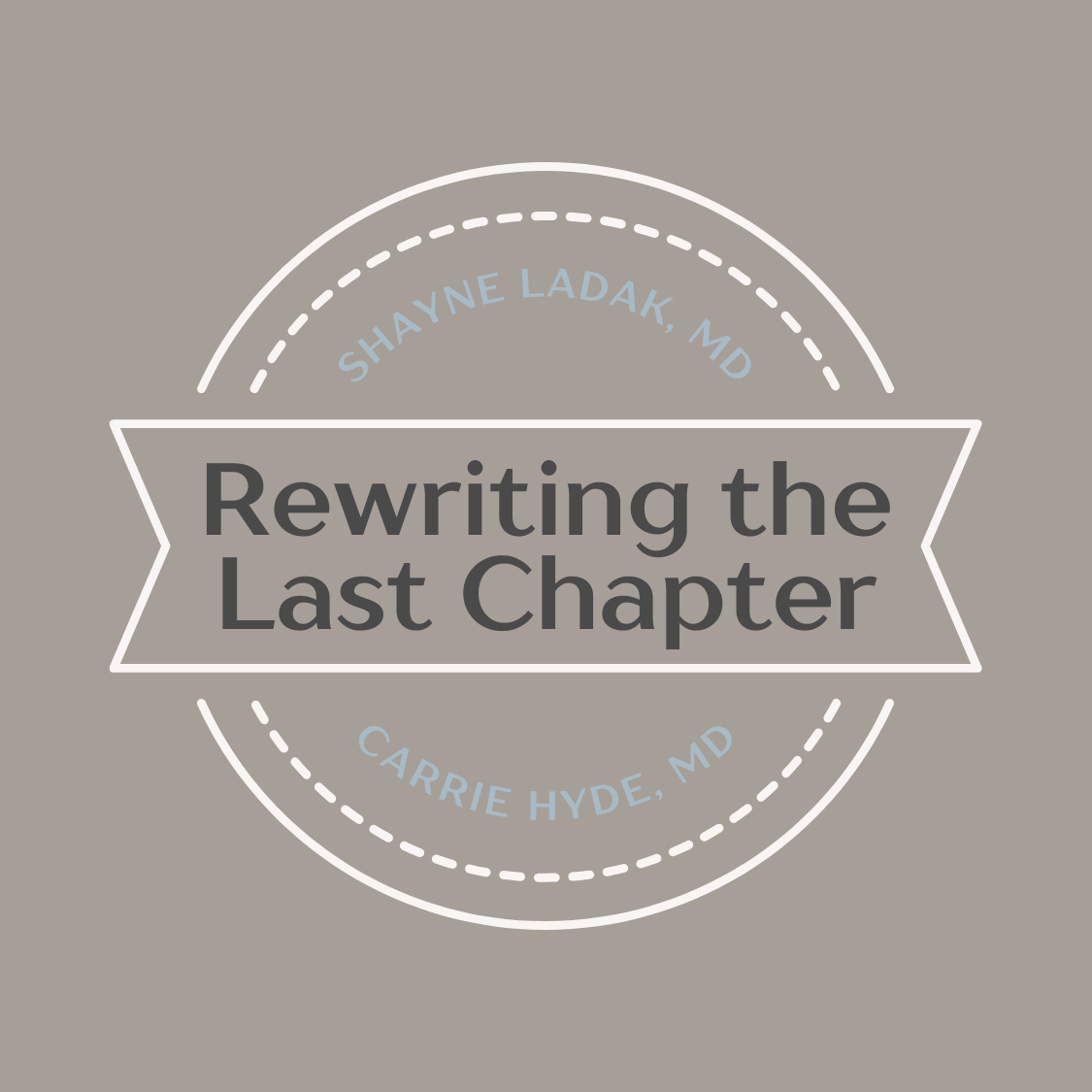“A Bird on Your Shoulder”: What Different Faiths Teach Us About Death and Living Fully

In Buddhism, there is a powerful teaching story often referred to as “the bird on your shoulder.” A monk asks his students, “If a bird sat on your shoulder and whispered, ‘Today could be the day you die,’ how would you live?”
The question is not meant to frighten—but to awaken.
If we remembered every day is precious, would we love more boldly? Forgive more easily? Be more present with our families? Pursue purpose, not just productivity?
This story invites us to live fully because life is finite.
And across the world, every religious and spiritual tradition wrestles with this same truth: death is inevitable. But what comes next—and how we should live because of it—differs in beautiful and meaningful ways.
Let’s explore how some of the world’s major faiths understand death, the afterlife, and living with intention.
Buddhism: Impermanence and Liberation
Buddhism teaches that everything— including life— is impermanent. Rather than fearing death, Buddhists see it as a continuation of the cycle of birth, death, and rebirth (samsara).
Key Beliefs:
- Life is ever-changing.
- Death is a transition, not an end.
- Karma influences rebirth.
- The ultimate goal is Nirvana—freedom from suffering and the cycle of rebirth.
How this shapes living:
Death awareness is a spiritual practice. By remembering our mortality (the bird on our shoulder), we choose compassion, mindfulness, and inner peace.
Christianity: Hope, Salvation, and Eternal Life
For Christians, death is not the final chapter. It is the doorway to eternal life with God.
Key Beliefs:
- Humans have an eternal soul.
- Salvation through Christ leads to Heaven.
- Death is conquered through the resurrection of Jesus.
- Some traditions include judgment or purgatory.
How this shapes living:
Life is a gift from God. Christians are called to love others, serve, forgive, seek justice, and live with hope—because eternal life awaits.
Hinduism: Karma and the Journey of the Soul
Hinduism views death as part of a vast spiritual journey across many lifetimes.
Key Beliefs:
- The soul (Atman) is eternal.
- Reincarnation continues until liberation (Moksha).
- Karma determines the conditions of future lives.
- Rituals at death support the soul’s journey.
How this shapes living:
Every action matters. Hindus strive for a life of dharma (righteous duty), devotion, and spiritual growth to move closer to liberation.
Islam: Return to God and Accountability
In Islam, death is seen as a return to the Creator, and the soul awaits judgment.
Key Beliefs:
- Life is a test from God.
- After death, the soul rests until the Day of Judgment.
- Those who lived righteously enter Paradise.
- Those who turned away from God face separation from Him.
How this shapes living:
Muslims are encouraged to seek closeness to God, act with justice, care for community, and live with humility and gratitude.
Judaism: Life First, Mystery After
Judaism places more emphasis on how we live now than on defining exactly what comes after.
Key Beliefs:
- Focus on life and ethical action.
- Death is part of God’s plan.
- Some Jewish traditions believe in resurrection or the World to Come.
- Mourning rituals honor life and community.
How this shapes living:
“Choose life.” Jews are called to repair the world (tikkun olam), pursue justice, and cherish their time on earth.
Indigenous and Native Traditions: Harmony with Ancestors and Nature
Indigenous beliefs vary widely across cultures, but many see death as a return to the earth and continued relationship with ancestors.
Key Beliefs:
- Life is deeply interconnected with nature.
- Ancestors remain present as guides.
- Death is a transition, not a severing.
How this shapes living:
Life is about balance, gratitude, community, and stewardship of the land.
What These Traditions Have in Common
Despite differences, many faiths agree on these core ideas:
- Death is not the end—something continues.
- How we live matters—morally, spiritually, relationally.
- Love, compassion, and purpose transcend death.
- Awareness of mortality enhances life, not diminishes it.
So… What Would You Do if the Bird Whispered Today?
Would you call someone you love?
Speak kindness?
Stop waiting for “someday”?
Be more present?
Different religions offer different pathways, but at their heart, they all teach us this:
Knowing we will die is what urges us to truly live.
And maybe the bird on your shoulder isn’t a warning at all.
Maybe it’s an invitation.
To live fully.
To love deeply.
To leave the world better than we found it.
Thank you for exploring this sacred topic with me.





